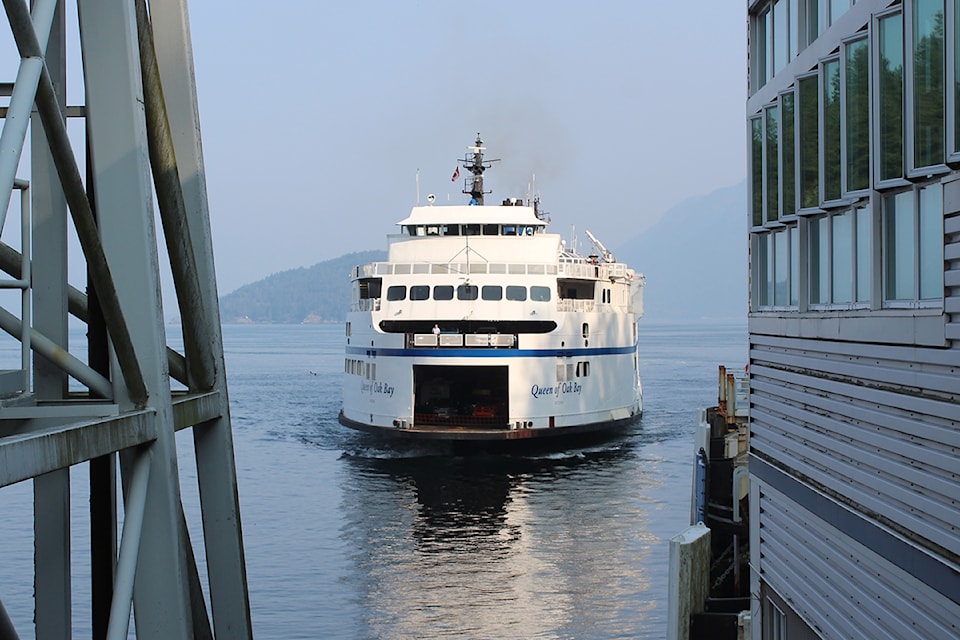4 hours ago
Swift News
The latest survey of endangered southern resident killer whales confirms their plateau and gradual slide toward disappearance in the absence of stronger measures to protect them, a director with the Center for Whale Research says.
Michael Weiss says declining chinook salmon, pollutants and noise from cruise ships, tankers and freighters in the orcas' habitat off the coast of Washington state and southern British Columbia are among the factors driving the decline.
"We're not talking about southern residents going extinct in the next five years, but we are talking about a fairly good chance of at least one of the [three] pods being gone within the next 50 years," Weiss told The Canadian Press.
The long-term work of restoring chinook habitat, particularly freshwater spawning grounds, along with adjusting fisheries, would be key to the orcas' recovery, says Weiss.
His remarks come with the release on Monday of an annual survey by the organization based in Washington state, offering a snapshot of the population of southern residents as of July 1.
This year's survey found the overall population was 74, up by one from last year.
During the census period, researchers documented four births among all three distinct pods of southern residents, but only two calves survived, it says.
An adult male from K pod, known as K26, also went missing in late summer 2024.



